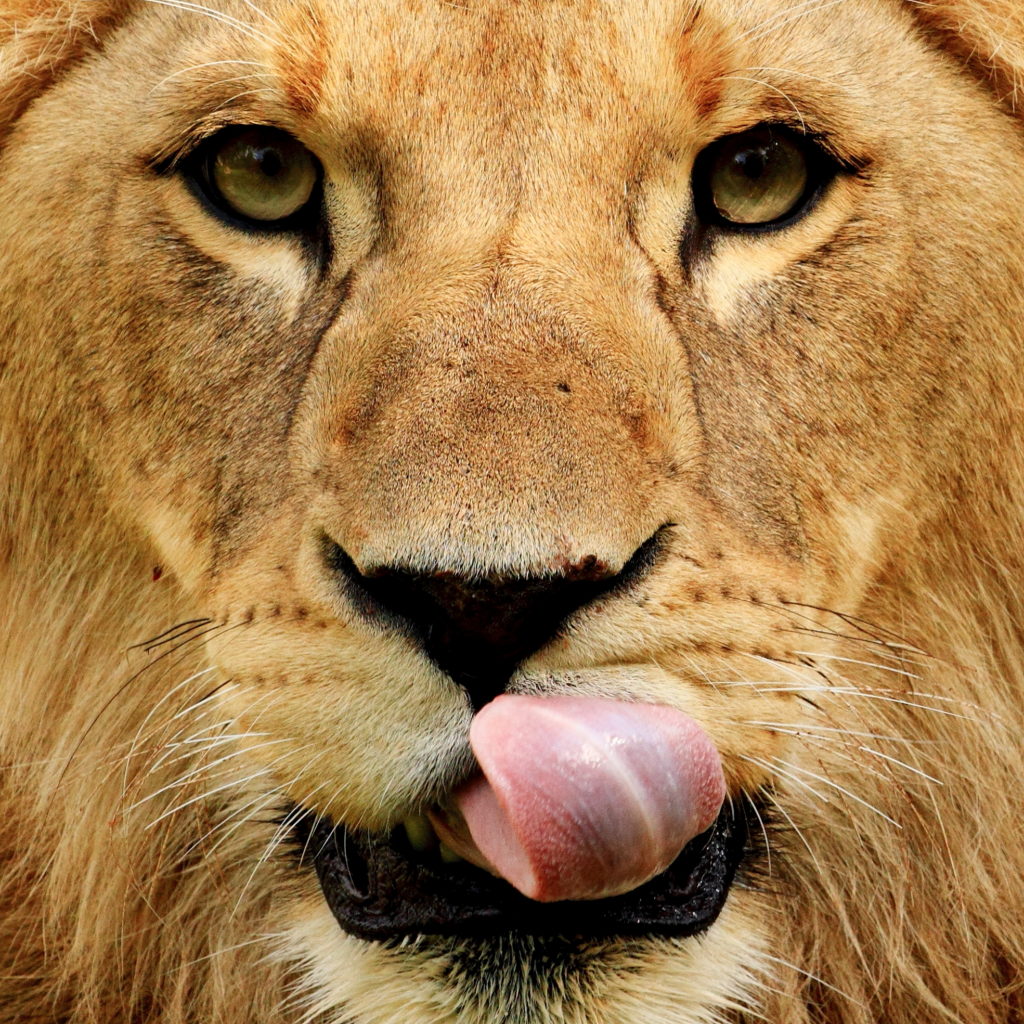Hunting wild game is a popular travel activity in Africa, but the chilling death of at least three illegal rhino poachers, reported in the New York Times this week, is a reminder that humans are not always at the top of the food chain, particularly in Africa.

A lion pride devoured three men suspected of poaching rhinoceros in South Africa. Image by Martin Falbisoner | Wikimedia Commons
A staff member at the Sibuya Game Reserve in South Africa noticed a strange object on the ground last Friday. At first he thought it looked like a soccer ball, but looking up close he saw it was a human skull.
According to The Times, rangers and police officers confirmed the next morning that as many as three suspected rhino poachers had been killed by lions in the game reserve.
“There are more poachers now, and they are very well equipped” https://t.co/99MkYNpeMS
— Global Wildlife Conservation (@Global_Wildlife) July 6, 2018
https://platform.twitter.com/widgets.js
The responses below are not provided or commissioned by the bank advertiser. Responses have not been reviewed, approved or otherwise endorsed by the bank advertiser. It is not the bank advertiser's responsibility to ensure all posts and/or questions are answered.
1 comment
i m rooting the lions